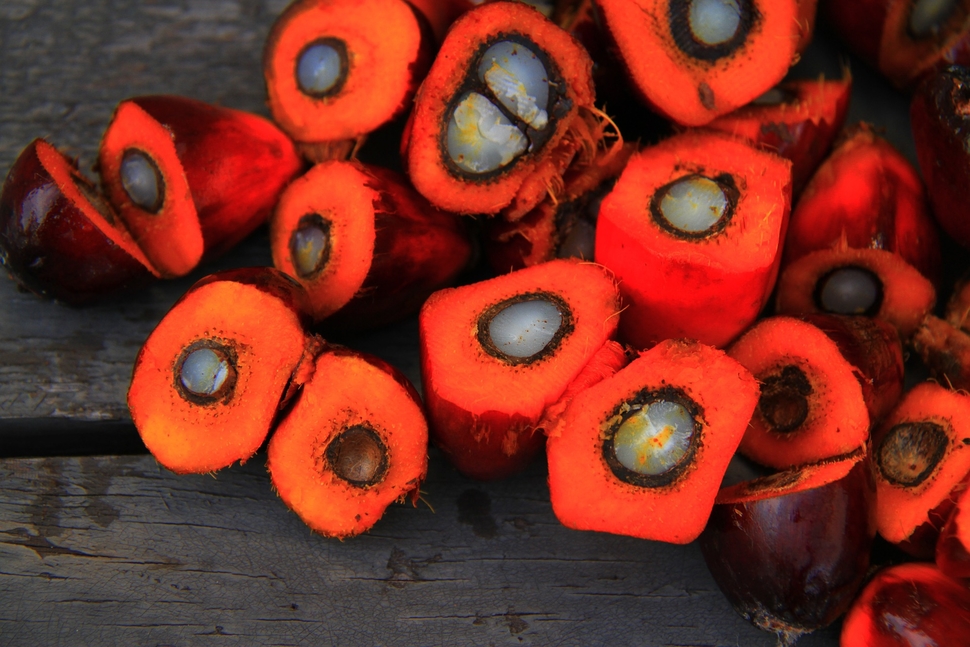Chances are that we can find it in our pizza, noodles and shampoo. In our ice cream, chocolate and packaged bread. From the kitchen to the bathroom, most households around the world unconsciously consume it on a daily basis. In short, palm oil has become a popular choice for many industries due to its relatively low production price, versatility and because it can be considered a healthier option than saturated fats. Nevertheless, this apparently innocuous oil has been subject of controversy over (at least) the last decade.
Initially, the main arguments against palm oil production were the high deforestation rates in producer countries. In 2007, for example, global eyes turned to Indonesia’s case. During the following years, Greenpeace launched a campaign to demand a one of the biggest palm oil consumers to guarantee that its products were not causing deforestation. Not long after that, the company committed to work along the entire supply chain to decrease the ecological footprint of its product. Nowadays, although the company as well as many other businesses follow sustainability standards to guarantee their low environmental impact, the transition is still moving quite slowly.
In fact, the debate around palm oil production has never been more complex than now. First, the issue of deforestation has not yet been resolved: Indonesia’s deforestation rate might be higher even than Brazil’s. Second, climate change is now accelerating deforestation rates through extreme events such as the recent massive fires. Third, the impacts of those extreme events are in turn amplified by the illegal use of deforested land for palm oil production.
Unfortunately, the biggest losers in this story are perhaps local inhabitants and some migrant laborers. On one hand, inhabitants whose well-being depends on ecosystem services suffer from the devastating effects of deforestation, haze and clandestine land-uses. On the other, even when some companies may address their environmental impacts, others may not necessarily respect laborers’ basic rights. Overall, the palm oil problem has come a long way from biocentric concerns like the survival of charismatic species to anthropocentric issues of human rights, environmental and distributive justice.
This long-lasting conflict might not come to you as breaking news. You can get an impression of its popularity by conducting a simple inquiry in an online search engine (try with "palm-oil debate" as a starting point). While searching for this particular topic, you may also discover that it is not exclusive of palm oil or even of the food industry. Unfortunately, many countries around the world are dealing with similar conflicts.
What might however surprise you is the power that you and I could have over the issue. If we think about it, products are only appealing when someone makes a profit from them. Would producers keep using the same practices if their profits were no longer appealing? This means that even when we are not aware of it, you and I are a crucial part of the supply chain.
Thus, next time you or I go to the market, we should stop for a minute before buying a product. As we hold the item in our hands, we should ask ourselves a few simple questions. Where does the product come from? Who planted, harvested or packed it? Where? Under which conditions? Do I agree and support this particular supply chain? We should ask ourselves those questions because as consumers, we have the power to support one business or another. It would be a shame to let that power escape our hands.
